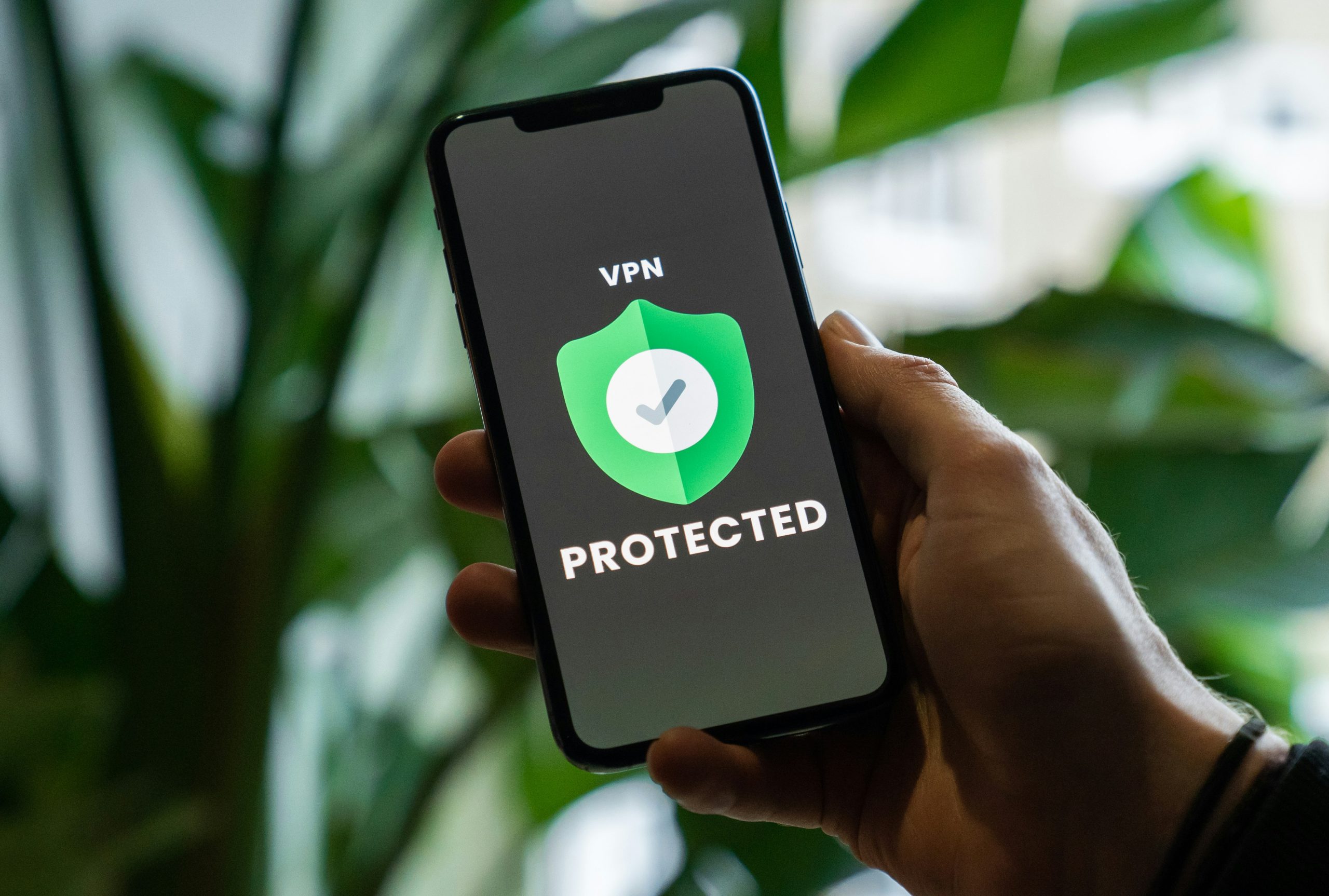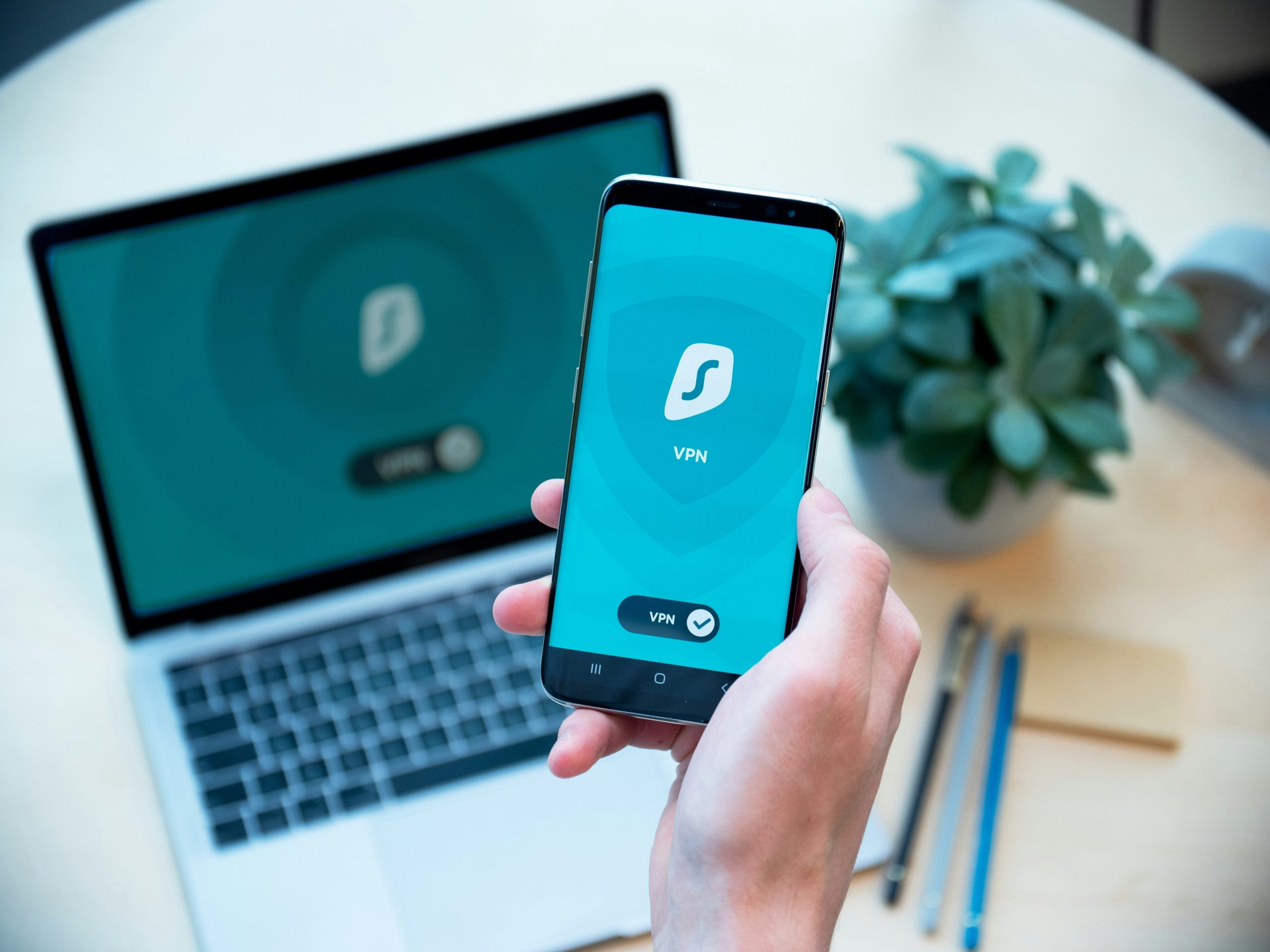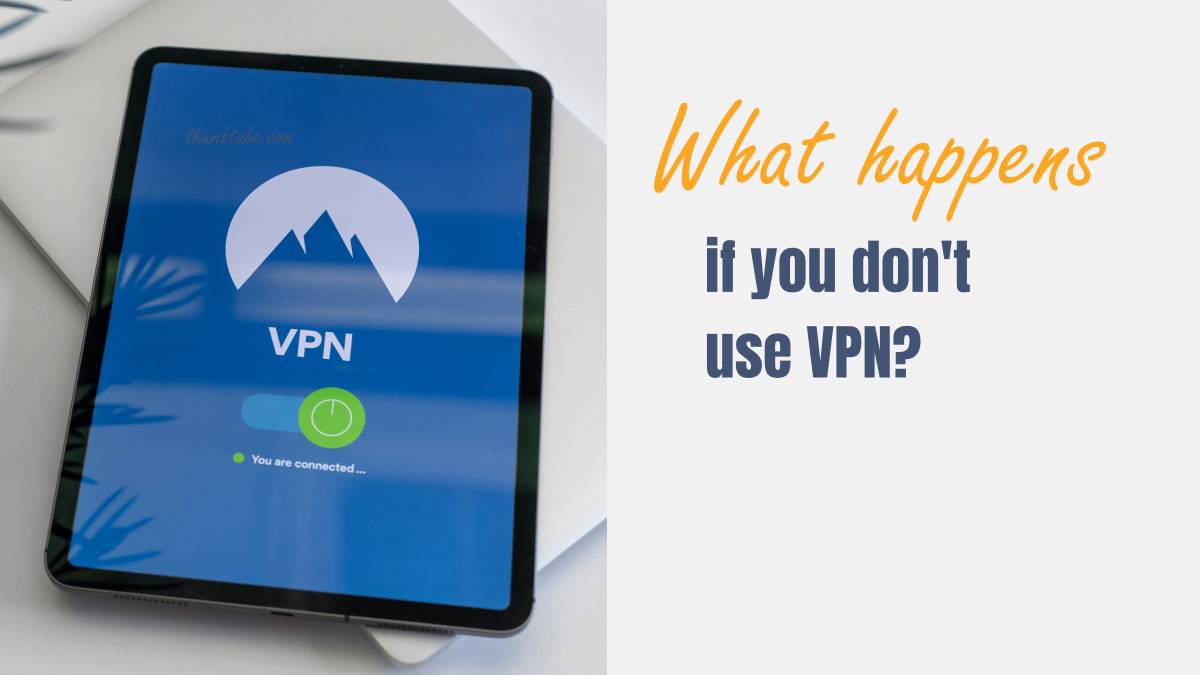In today’s digital age, the internet has become an integral part of our daily lives, offering unparalleled convenience and connectivity. However, with this increased reliance on online platforms comes a growing concern for privacy and security. One tool that has gained popularity in recent years for safeguarding online activities is the Virtual Private Network (VPN). But have you ever stopped to consider what happens if you don’t use a VPN? Imagine a world where your every online move is being tracked, your personal information exposed, and your sensitive data vulnerable to cyber threats. This article delves into the potential risks and consequences of forgoing the protection of a VPN in an increasingly interconnected and data-driven society.
Explanation of VPN
Imagine a world where your internet traffic is a highway bustling with potential threats, from cybercriminals to data-hungry corporations looking over your digital shoulder. This is where VPN, or Virtual Private Network, steps in as the modern-day superhero of online security. By funneling your connection through encrypted tunnels and masking your IP address, VPN shields you from prying eyes and snoopers. It’s like wearing an invisibility cloak in the digital realm, allowing you to browse with freedom and peace of mind.
By not using a VPN, you essentially expose yourself to the wild west of the internet—your personal information vulnerable to hacking attempts and surveillance. Without that layer of protection offered by VPN, your online activities are open for anyone to track and exploit. Whether it’s public Wi-Fi hotspots or home networks, every unsecured connection leaves a window open for potential privacy breaches. So next time you consider skipping out on VPN protection, remember that it’s not just about privacy—it’s about taking control of your digital destiny and safeguarding what matters most: your identity and data.
Risks of not using VPN
Your online activities are constantly under threat from various malicious actors looking to intercept your data. Without a VPN, your sensitive information like passwords, financial details, and personal conversations are vulnerable to being intercepted by hackers and cybercriminals. The risks of not using a VPN extend beyond just privacy concerns; you also expose yourself to potential identity theft, financial fraud, and even the compromise of your personal safety.
Furthermore, without the protection that a VPN offers, you become an easy target for location tracking and targeted advertisements. Your browsing history can be monitored by internet service providers (ISPs) or government agencies, compromising your anonymity online. By not utilizing a VPN, you forfeit control over who can access your online information and open yourself up to having your data sold without permission to third-party companies for advertising purposes.

Data vulnerability without VPN protection
Data vulnerability without VPN protection can expose sensitive information to malicious actors who are constantly prowling the internet. Without the encryption provided by a VPN, your online activities, including personal details, browsing history, and financial transactions, are at risk of interception and exploitation. Hackers often target unprotected connections to steal data or install malware with alarming speed and stealth.
Moreover, public Wi-Fi networks pose a significant threat to data security when not shielded by a VPN. Cybercriminals can easily intercept unencrypted information transmitted over these networks, potentially leading to identity theft or financial loss. The danger is compounded for those who frequently connect to public Wi-Fi in places like coffee shops, airports, or hotels where the risk of eavesdropping is high. It’s essential to prioritize maintaining secure connections through VPN services to safeguard against these pervasive threats lurking in the digital realm.
Potential privacy breaches
Imagine browsing the internet without a VPN, leaving your digital footprint exposed for potential privacy breaches. Your online activities are vulnerable to tracking, whether by advertisers looking to target you with tailored ads or malicious actors seeking to steal your personal information. Without the protection of a VPN, your sensitive data could be intercepted and used for nefarious purposes.
The lack of encryption when you don’t use a VPN opens the door for cybercriminals to easily intercept your data and compromise your online security. From stealing login credentials to monitoring your web traffic, the risks of not using a VPN extend far beyond simple privacy concerns. Protecting yourself with a VPN is not just about securing your connection; it’s about safeguarding your digital identity in an increasingly interconnected world where privacy breaches are all too common.
Increased exposure to hackers and cyber attacks
In today’s interconnected world, the rise in cyber attacks and hacking incidents poses a significant threat to individuals and businesses alike. Without the protection of a VPN, data transmitted over the internet is vulnerable to interception by malicious actors looking to exploit sensitive information. Increased exposure to hackers means that personal details, financial records, and other confidential data are at risk of being stolen or compromised.
Moreover, cyber attacks can have far-reaching consequences beyond just privacy breaches. For businesses, a successful hack could lead to significant financial losses, damage to reputation, and even legal liabilities. The impact of such breaches can be devastating and long-lasting, highlighting the importance of implementing robust cybersecurity measures like using a VPN to protect against potential threats. In an age where digital transactions are prevalent and online activities are commonplace, safeguarding your online presence with a VPN is not just a recommendation but a necessity in mitigating the risks posed by hackers and cybercriminals.

Restricted access to content
Restricted access to content is a common frustration faced by many internet users. Without using a VPN, users may encounter geo-restrictions that limit their access to certain websites and streaming platforms based on their location. This can be particularly problematic when trying to access region-locked content or online services not available in one’s country.
Moreover, restricted content can also impact privacy and security. Without a VPN, users are more vulnerable to surveillance and data tracking by ISPs and other entities. By not using a VPN, individuals risk exposing sensitive information and compromising their online anonymity. In today’s digital world where privacy is increasingly important, the restricted access to content without proper protection highlights the necessity of utilizing tools like VPNs for enhanced security and unrestricted internet freedom.
Conclusion: Importance of using VPN for security
In conclusion, the importance of using a VPN for security cannot be overstated in today’s digital landscape. With cyber threats evolving and becoming more sophisticated, relying solely on traditional security measures is no longer adequate. A VPN offers an extra layer of protection by encrypting your online activities and shielding your data from prying eyes.
Moreover, using a VPN not only safeguards your privacy but also helps you bypass geo-restrictions and access content that may be blocked in your region. By masking your IP address and rerouting your internet traffic through secure servers, a VPN ensures a safer and more anonymous browsing experience. In a world where online privacy is increasingly under threat, taking proactive steps to protect yourself with a VPN is crucial for safeguarding your personal information and maintaining control over your digital footprint.
